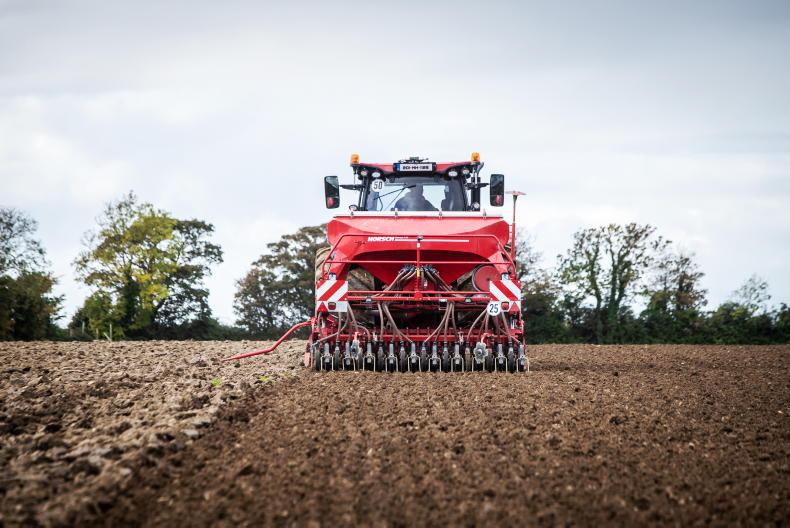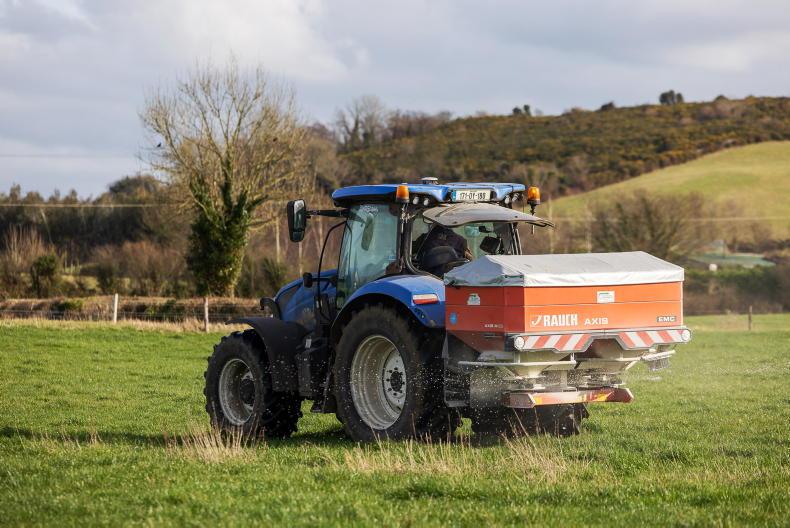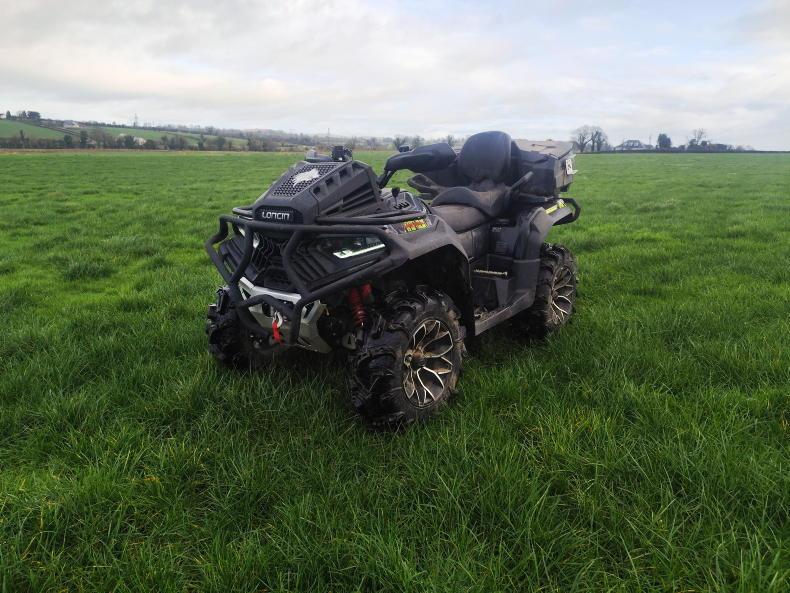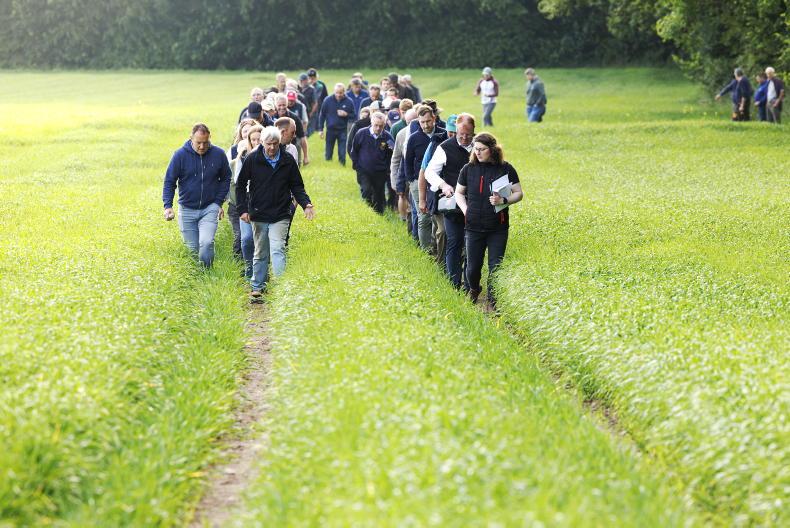No doubt there are plenty of farmers looking at the weather forecast and gearing up for sowing next week, but think long and hard before moving in the middle of September with a seed drill for winter cereals.
It’s a fine line. After the dry summer we’ve just had, there is a fear that we are in for a wet winter, but hold out for as long as possible.
Delaying drilling has many benefits when weather conditions allow.
First of all, it can reduce the incidence of grass weeds. If land is cultivated later in the season, it is less likely that grass weeds will germinate or they will be in reduced numbers, particularly with black grass, which is a serious threat to Irish tillage.
Reduce risks
Delaying sowing will also help to reduce barley yellow dwarf virus risk. As temperatures get colder, aphid numbers and flight reduces, so the virus transmission is also reduced. That said, temperatures never really got down low enough last winter to stop activity.
Disease is also a big issue. If crops are planted early, grow quickly and grow into thick crops, then there is a higher risk of early disease development and spread.
We have no herbicide available to control black grass. The chemistry to reduce barley yellow dwarf virus risk has had mixed success.
The chemical tool box is getting smaller and smaller. Fungicides are disappearing off the market.
Cultural control
Cultural control is one of the most important tools we have and farmers must use all the methods they have to control pests and weeds in crops.
If you must go early, then think wisely about varieties. Plant the varieties which claim tolerance to barley yellow dwarf virus first, for instance, and plant the varieties with the highest disease resistance.
The recommended list is a key tool to use and it should help guide your decisions in the coming weeks.










SHARING OPTIONS